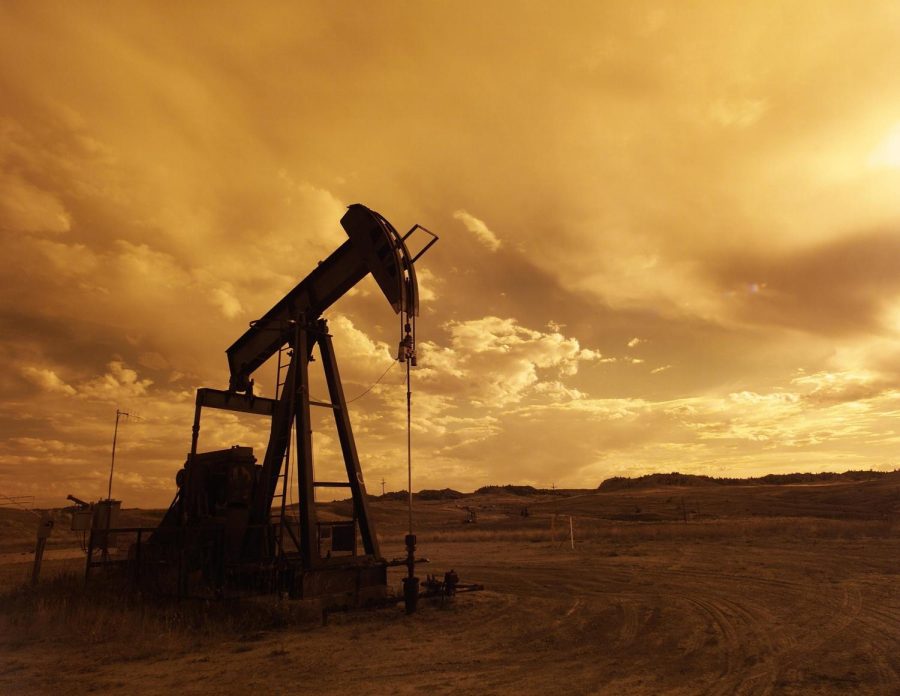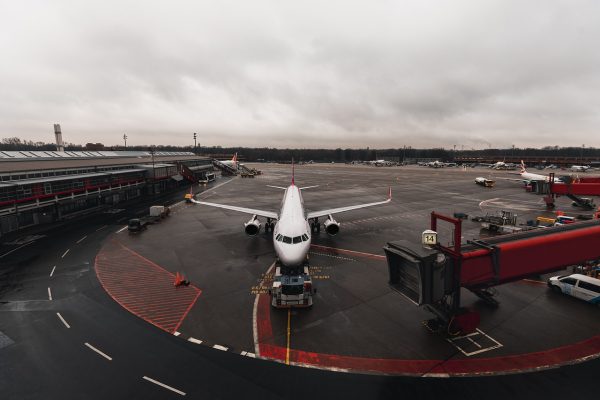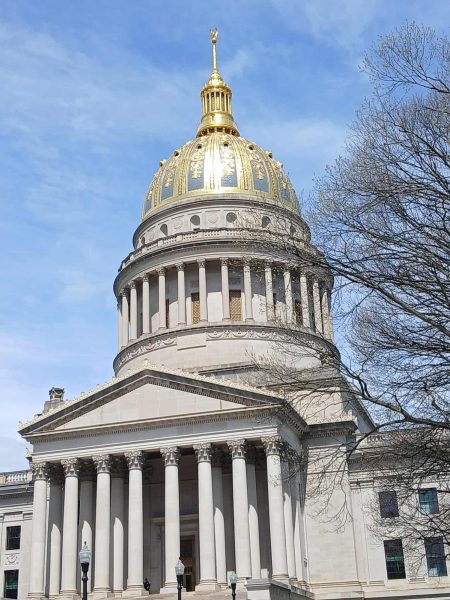Higher Gas Prices Coming for West Virginia Drivers
West Virginia drivers could be feeling pain at the pump in the coming weeks as the oil industry grapples with a decrease in production.
Earlier in the month, the Organization of the Petroleum Exporting Countries (OPEC+) and their allies, which includes Russia, gathered in Vienna for their first in-person conference since the onset of the Covid-19 Pandemic. They ultimately decided to reduce oil production by two million barrels per day. The actual production cuts will be closer to approximately 1 million barrels per day.
The organization’s decision was due to concerns they have regarding the state of the global economy. Saudi Arabia, a prominent OPEC+ member, claimed that the action is warranted due to rising interest rates in western countries. The United States maintains there is no reason to slash oil production at this time. According to National Security Council Spokesman John Kirby, the production cuts will be most beneficial to Russia and cause sanctions levied by western governments to be less effective.
The Biden Administration responded to the group’s decision by ordering the release of 10 million barrels of oil from the United States Strategic Petroleum Reserve. The decision has caused strained tensions between the United States and Saudi Arabia. The Biden Administration claims that the Saudi Government may have coerced other OPEC+ members into supporting the production cut. The Whitehouse also released a statement stating, “The President is disappointed by the shortsighted decision by OPEC+ to cut production quotas while the global economy is dealing with the continued negative impact of (Russian President Vladimir) Putin’s invasion of Ukraine.” The timing is inopportune for Democrats as midterm elections are less than a month away. High gas prices have plagued the Biden Administration for much of the year.
The Whitehouse is confident that they have a variety of options to offset OPEC+’s decision, even potentially releasing more oil from the Strategic Petroleum Reserve.
At the time of this writing, crude oil has remained relatively stable. As of October 14, the price of Brent Crude is $91.40 per barrel. Brent Crude was highest following the Russian invasion of Ukraine causing it to spike to $127.98 per barrel in March. According to Rohan Reddy, director of research at Global X ETFs, the most likely scenario is that oil will fluctuate between $90-$100 per barrel for the foreseeable future.
Each region across the United States will not be affected equally by OPEC+’s announcement. Patrick De Haan, the Head of Petroleum Analysis for Gas Buddy stated that the South, East Coast, Northeast, and Rockies will be the hardest hit regions of the country. He suggests that prices could rise 10-20 cents in the next 2 weeks. Considering West Virginia’s location, residents may begin seeing higher prices sooner rather than later.
Some residents may already be experiencing higher prices. According to AAA East Central’s Gas Price Report, the average price of gas in West Virginia is $3.526, 16 cents higher than last week.













